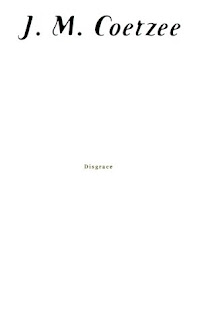Sobriquet 41.17
The following post was originally published on 4/22/08.
I think I may have finally found a use for poststructuralist literary criticism. As I read today's essay, I found myself overcome with strange urges to, say, dust my bookshelves or wash dishes. For instance, I felt an uncommonly strong urge to sweep the kitchen floor when I encountered Pamela Cooper's assertion that
The women [in the "new" south Africa] are effectively placeholders, ready to be animated by energies beyond their control. These are the power relations of a society in transition, evinced in the novel by the actions of men and the relations among them. On 'Lucy's patch of earth' in 'Old Kaffraria,' the emergence of these energies is played out as a phallic drama (197, 122). Specifically, the displacement of the white phallus--its being left to hang, as it were--is expressed in the attack by the three anonymous black youths. Here Lurie is effectively castrated... (29)
Seriously, when you can almost hear Larry, Curly, and Moe "nyuk-nyuk-nyuking" at an awful pun, the desire to clean something dirty begins to make a lot of sense. Later, when Lucy and Bev Shaw "effectively shunt [David Lurie] off the streetcar named desire," I found myself, garbage bag in hand, picking up whatever errant scraps of paper I could find on my floor, wondering if either Tennessee Williams or Marlon Brando would have found the reference as gratuitous as I did (31). Likewise, when I saw that Cooper considers Petrus's biography to be "the neomasculinist narrative of futurity in a democratic South Africa," I remembered that I needed windshield wiper fluid. Or, at the very least, some sort of distraction.




Comments
Post a Comment